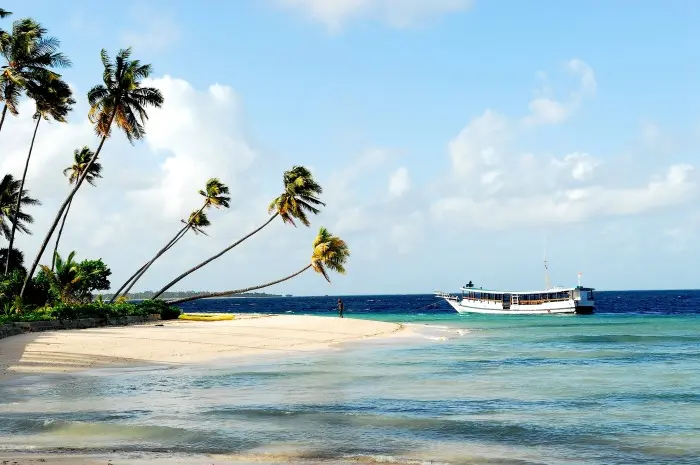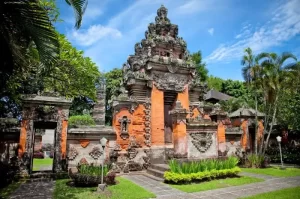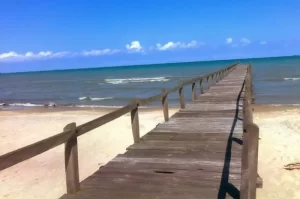Nestled in the heart of the Coral Triangle, Wakatobi National Park stands as a beacon of marine biodiversity and a pristine example of nature’s unspoiled beauty.
Located in Southeast Sulawesi, Indonesia, this national park encompasses a rich mosaic of islands, including Wangi-Wangi, Kaledupa, Tomia, and Binongko, hence the name Wa-Ka-To-Bi.
These islands form not only a sanctuary for a multitude of marine life but also a top destination for snorkeling enthusiasts from around the globe.
This article delves into the allure of Wakatobi as a snorkeling paradise, exploring its natural splendor, ecological significance, and the efforts in place to preserve this underwater treasure.
Natural Beauty and Biodiversity
Wakatobi National Park covers over 1.4 million hectares, of which 900,000 are marine habitats. The area is renowned for its crystal-clear waters and vibrant coral reefs, hosting over 750 coral species which constitute nearly 90% of all coral species in the world.
This diversity is visible in the kaleidoscope of colors and shapes that make each snorkeling trip an unforgettable visual feast.
The coral reefs of Wakatobi are in excellent health, thanks to the area’s remote location and minimal human impact, which has shielded them from the widespread coral bleaching affecting other parts of the globe.
These reefs support an astonishing array of marine life, including over 942 fish species and 25 clusters of coral reef biotopes. Snorkelers often find themselves swimming alongside large pelagic fish, manta rays, turtles, and even dolphins.
Snorkeling in Wakatobi
Snorkeling in Wakatobi is accessible to everyone, from beginners to experienced snorkelers. The calm and clear waters offer visibility of up to 50 meters, allowing for spectacular views of the thriving underwater life.
The shallow coral gardens are particularly appealing for snorkeling, as they allow up-close encounters with the vibrant marine biodiversity.
The park’s geography provides various unique snorkeling spots. For instance, the “House Reef” near Wakatobi Dive Resort is famed for its accessibility and abundance of marine life.
Another popular spot is Teluk Maya in Tomia Island, known for its dramatic coral formations and bustling fish activity.
Conservation Efforts
The preservation of Wakatobi’s marine ecosystems is crucial, and it has been a focus for both local authorities and international conservation organizations.
Wakatobi National Park was declared a UNESCO Biosphere Reserve in 2012, which has bolstered efforts to sustain the natural environment and promote sustainable tourism practices.
Local communities, once reliant on destructive fishing practices, have transformed into stewards of conservation.
Through education and the promotion of eco-tourism, these communities have embraced alternative livelihoods that allow them to benefit from the park’s natural resources without depleting them.
Sustainable Tourism
Tourism in Wakatobi is carefully managed to ensure minimal environmental impact. The number of visitors is controlled, and there are strict guidelines in place to prevent damage to the coral reefs.
Tourists are encouraged to engage in responsible snorkeling practices, such as not touching the coral or feeding the fish, which helps maintain the natural balance of the ecosystem.
Eco-friendly accommodations and practices are increasingly becoming the standard in Wakatobi. Many resorts use solar energy, practice waste reduction and water conservation, and participate in marine conservation projects, including coral reef restoration and sea turtle protection programs.
Conclusion
Wakatobi National Park is more than just a snorkeling spot; it is a living, breathing testament to the beauty and resilience of nature. Its extraordinary biodiversity and successful conservation practices provide a blueprint for coral reef conservation throughout the world.
For those looking for Things to do in Kendari that combine adventure with natural beauty, Wakatobi is unrivaled.
Its protected waters not only guarantee a spectacular snorkeling adventure but also contribute to ongoing global efforts to preserve our planet’s precious marine environment for future generations.




